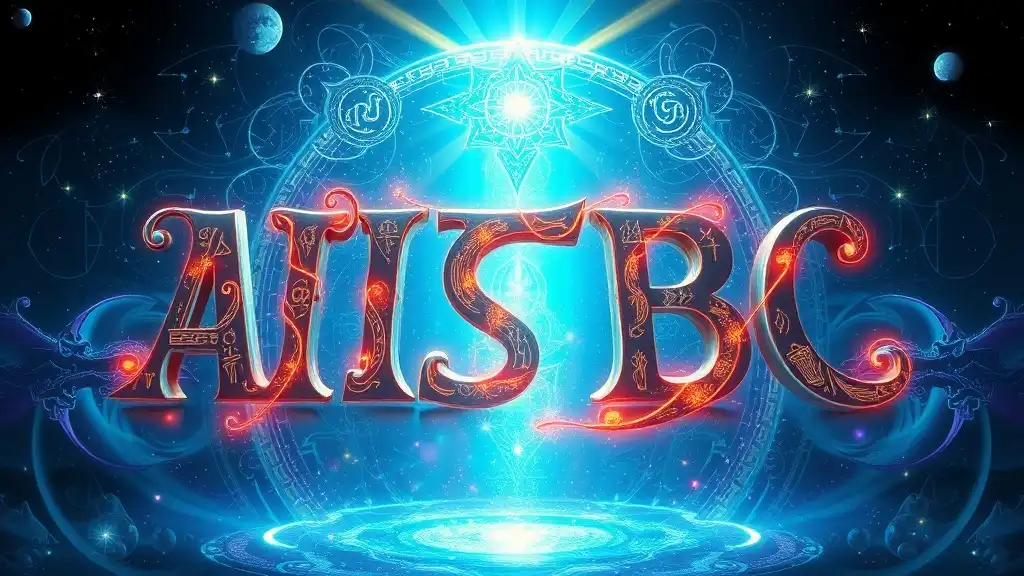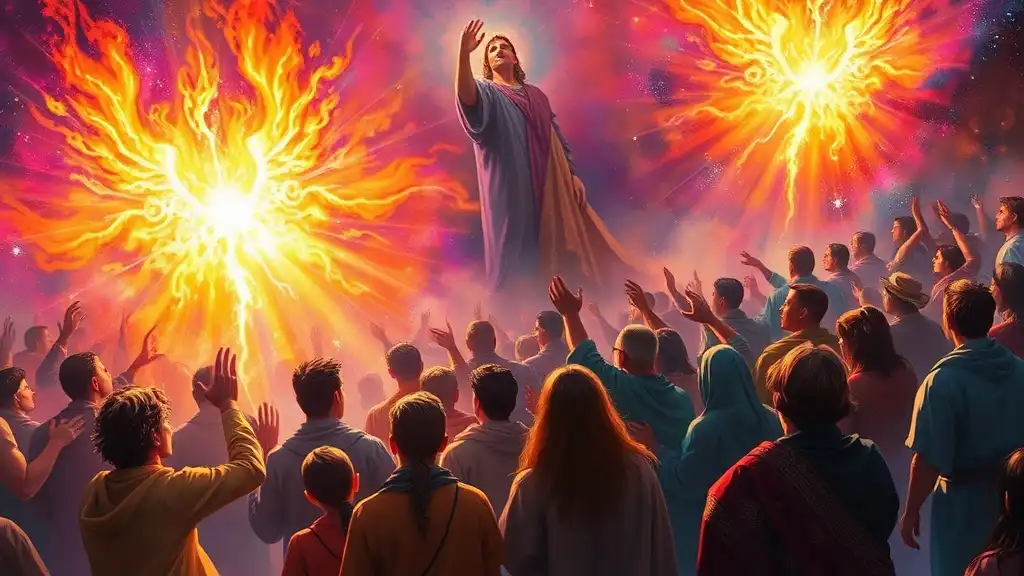Pentecost is a momentous occasion in the Christian calendar that celebrates the descent of the Holy Spirit upon the apostles. While its roots lie in the Jewish Festival of Shavuot, it marks a transformative period for Christians, symbolizing empowerment, renewal, and the birth of the Church. Understanding the significance of Pentecost is essential for believers seeking to deepen their faith and connection to the divine.
The Historical Context of Pentecost
The Jewish Festival
Pentecost originally stems from Shavuot, a Jewish festival that occurs fifty days after Passover. In Jewish tradition, Shavuot is a time of celebration, commemorating the giving of the Torah at Mount Sinai, as well as celebrating the grain harvest. It is a time for remembrance, where people gather to express gratitude for God's provision and guidance. As such, it represents a deep spiritual connection to both history and harvest—a time of reflection on what has been received and the blessings yet to come.
The Christian Transformation
With the emergence of Christianity, Pentecost took on a new and profound meaning. According to the New Testament, particularly in the Book of Acts, Pentecost is marked by the outpouring of the Holy Spirit, with the apostles gathered in one place. This event signifies the transformation from a fearful group of followers into bold proclaimers of the Gospel. The descent of the Holy Spirit represents the founding moment of the Christian Church, providing believers with divine empowerment and a renewed sense of mission.

Spiritual Significance of Pentecost
The Gift of the Holy Spirit
At its core, Pentecost is about the gift of the Holy Spirit—the third person of the Trinity. This divine presence is not merely a historical event but a continuing reality for Christians. The Holy Spirit fills believers, guiding them toward truth, comfort, and inspiration. For the apostles, this empowerment equipped them to boldly share the message of Christ, leading to the rapid growth of the early church.
These gifts manifest in various ways, serving individual and communal needs, as well as empowering acts of service and worship. The gift of the Holy Spirit makes it clear that God desires to be intimately connected to humanity.
Empowerment and Transformation
The outpouring of the Spirit at Pentecost provides believers with profound personal empowerment. It transforms lives, equipping individuals to discover and embrace their unique callings. This empowerment allows them to step out of their comfort zones and into their divine purpose. The transformation seen in the apostles—from fear to courage, from isolation to community—is a powerful reminder that the Holy Spirit can radically alter lives today as well.
The significance of empowerment extends beyond individual achievement. It enables believers to come together as a community, sharing their experiences, encouragements, and talents, thereby strengthening the body of Christ.

Symbolism Associated with Pentecost
Fire and Wind
The imagery associated with Pentecost is equally striking. The symbolism of fire and wind during the Holy Spirit's descent serves as powerful metaphors. Fire represents purification and the intense presence of God, igniting passion and zeal within believers. It signifies the call to live a life of holiness and fervor in serving others.
Wind, on the other hand, denotes the unpredictable yet powerful movement of the Holy Spirit. It symbolizes the life-giving breath of God, instilling vitality into the hearts of believers. This divine energy fosters a sense of urgency to share God’s love and grace with the world.
Languages and Communication
One of the most remarkable aspects of the Pentecost event is the apostles speaking in different languages. This miraculous element underscores the need for clear and effective communication of the Gospel across cultural divides. It emphasizes God's desire for all people—regardless of background or language—to come to know Him.
This gift of languages is not simply about crossing barriers but highlighting the inclusivity of the Christian message. It showcases God’s yearning for unity among diversity and the vital role of the Holy Spirit in facilitating communication between individuals of varying cultures and experiences.

Reflecting on the Spiritual Message
Personal Reflection
As contemporary believers contemplate Pentecost, it becomes essential to engage in self-reflection. What does it mean to be empowered by the Holy Spirit today? Each believer is invited to consider their unique gifts and how they can be used to impact the world positively. Embracing one’s spiritual gifts not only helps in personal growth but fosters a sense of belonging within the wider community of faith.
Community and Connection
The message of Pentecost urges believers to recognize the importance of unity in diversity. The apostles represented various backgrounds and experiences, proving that the Holy Spirit brings people together under a shared mission. In this modern age, it’s crucial to build communities that value inclusivity and support, ensuring that every individual feels valued and heard.

Modern-Day Observances of Pentecost
Traditions and Practices
In today’s world, Pentecost is celebrated in various ways across denominations. Ancient practices may include special church services, readings from the Book of Acts, and vibrant displays of faith and community. Many congregations encourage the participation of their members through worship, prayer, and sharing testimonies of how the Holy Spirit is working in their lives.
Contemporary Relevance
Pentecost continues to resonate deeply with believers today. The messages of empowerment, transformation, and unity remain relevant in an increasingly divided world. Modern believers are called to embody the spirit of Pentecost by engaging in acts of service, standing against injustice, and promoting love and understanding among all people.

Conclusion
The spiritual meaning of Pentecost transcends a single day of celebration; it invites believers to reflect on the ongoing work of the Holy Spirit in their lives. By embracing this divine connection, Christians are empowered to live out their faith with courage, ignite communal harmony, and foster transformative experiences. Ultimately, Pentecost serves as an enduring reminder that the spirit of God is active, alive, and always inviting humanity to step into deeper relationship and purpose.



















